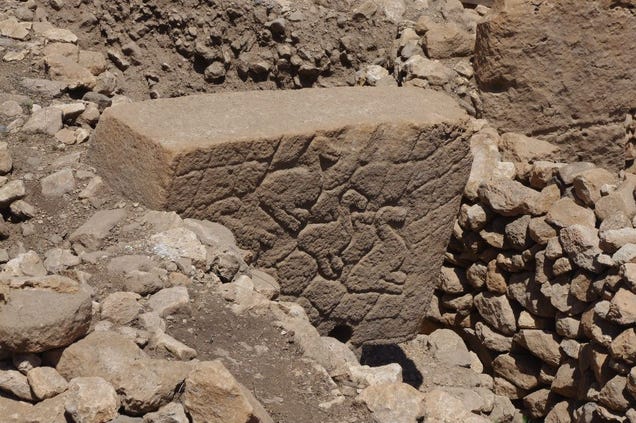Linguists have recently reconstructed what a 6,000 year-old-language called Proto-Indo-European might have sounded like. This language was the forerunner of many European and Asian languages, and now you can listen to what it may have sounded like.

Over at Archaeology magazine, Kentucky linguist Andrew Byrd does a dramatic reading of a story written using only the vocabulary we are certain existed 6,000 years ago. Eric Powell explains:
Proto-Indo-European (PIE) was spoken by a people who lived from roughly 4500 to 2500 B.C., and left no written texts. The question became, what did PIE sound like? In 1868, German linguist August Schleicher used reconstructed Proto-Indo-European vocabulary to create a fable in order to hear some approximation of PIE. Called “The Sheep and the Horses” . . . As linguists have continued to discover more about PIE, this sonic experiment continues and the fable is periodically updated to reflect the most current understanding of how this extinct language would have sounded when it was spoken some six thousand years ago. Since there is considerable disagreement among scholars about PIE, no one version can be considered definitive.
[…]















